- Home
- Ketosis
What Is Ketosis?
What Is ketosis? That’s a great question. The simplest explanation is that nutritional ketosis is what happens to you metabolically when your body switches from burning glucose (blood sugar) for energy to burning fat for energy. When you’re burning fat, you’re in a state of ketosis. The by-product of burning fat is ketones, more specifically ketone bodies.
In a healthy individual who is restricting carbohydrates, the production of ketones is welcome news!! If you’re producing ketones, it proves that you are reducing your carbs enough that you can burn your own stored body fat! Yeah!
Nutritional Ketosis
NOT Diabetic Ketoacidosis
The terms ketosis and ketoacidosis are often thought to mean the same thing, even within the medical community. However, they are not the same at all. Ketosis is a benign state, meaning that it causes no harm. However, ketoacidosis is a dangerous condition and is associated with people who have Type 1 diabetes and undiagnosed diabetes. The words look similar, but they definitely do not mean the same thing at all.
Ketoacidosis happens when there are too many ketones in the blood because of a lack of insulin, as is the case with a person with Type 1 diabetes. This is very serious and is life-threatening. Obviously, immediate medical attention is needed.
On the other hand, elevated ketones in the blood of a healthy person who is fasting or eating low carb, indicates fat burning. That’s a good thing.
It's really important that what is ketosis is not confused with what is ketoacidosis. Trust me, well-meaning friends will freak out when you say you're in ketosis. You may have some 'splaining to do!
How Do You
Measure Ketones?
If you’re looking for a way to know if your body is burning fat for energy, one good way to do that is to measure your ketones. You can measure your ketones by testing your breath, urine or blood.
There are three types of ketones.
Acetoacetate
Beta-hydroxybutyrate
Acetone
Testing Urine for Ketones
One way to test for ketone production is to test your urine. This test measures acetoacetate ketones. I use Bayer’s Ketostix Reagent Strips Urinalysis. You just need to pass the testing strip through your urine stream when you pee. Or you collect the urine in a small jar and dip the test strip in the urine.
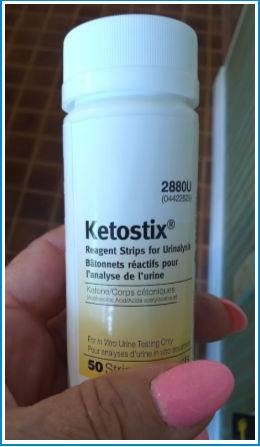
Let the test strip rest for 15 seconds and then compare the test strip against the color chart provided on the side of the testing strip container. The scale goes from negative to trace, to small, then moderate and finally large. The darker the color, which goes from blush pink to deep burgundy, the more ketones you are excreting.
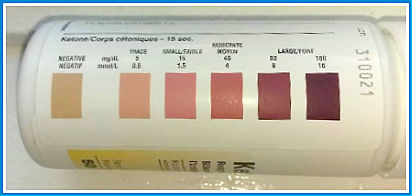
Note: Using this link means I earn a small commission but this does not cost you anything extra.
Testing Breath for Ketones
Another method for testing ketosis is to use a breath ketone meter designed specifically for that purpose. It’s a small handheld device that you blow into. It measures acetone ketones. The technology is very similar to an alcohol breathalyzer that police use. As a matter of fact, acetone ketones are broken down into isopropanol alcohol. But I don’t think you have to worry about “blowing over” if you get pulled off the road during a police spot check.
The breath ketone meter will display numbers representing parts per million (ppm) of ketones, not isopropanol alcohol. If your reading is 1 to 2 ppm, that represents a low concentration of ketones. While 75 ppm to 1250 ppm is very high. Somewhere between these very low and very high numbers is where healthy people who fast or follow a low carb diet tend to score.
Testing Blood for Ketones
You can test your blood for ketones with a ketone blood meter. It’s done the same way as testing for blood sugar. You prick your finger to draw a droplet of blood. You apply it to a test strip which is inserted into the meter. The result comes back with a digital display of your ketone levels in mg/dl or mmol/L. This is the most accurate method of testing for ketones. This tests for beta-hydroxybutyrate ketones.
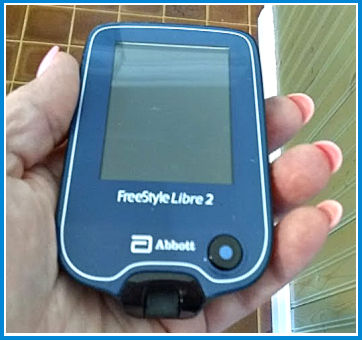
If you’re fasting or following a low carbohydrate diet, you want to see levels between 0.4 to 5.0 mmol/L and even as much as 8.0 mmol/L if you're fasting . This indicates fat burning.
Testing blood ketones is the most accurate way to measure but it’s also the most expensive way to do it. The meter is not expensive, but the testing strips are. I tend to check mine once a week at the most.
Many meters test for glucose (blood sugar) and ketones, so you don’t need two appliances. I use a Freestyle Libre which tests both for glucose and ketones.
Do I Have to
Check for Ketosis?
You don’t have to check for ketosis… not at all. Some people just enjoy tracking and measuring everything… ketosis included. I’m one of those people.
You can often tell if you’re in ketosis without testing. If you have loads of energy and you’re not hungry between meals, you’re likely in ketosis!
What the Heck Are
Ketones Anyway?!
Ketones or ketone bodies are chemical acids made by your liver when it breaks down fats. It can be the fat you eat, or the fat stored in your body. This function happens when you fast, exercise or consume low amounts of carbohydrate. If you’re fasting or lowering your carbs, your liver will have easier access to your fat stores, and you will lose body fat.
Ketones are an alternate and excellent fuel source for your brain and your body tissues.
How Long Does It
Take to Get into Ketosis?
Great question! It depends on the individual, how strictly the person is following a low carb diet, and the amount of physical activity.
Getting into ketosis is a gradual transition. It takes 24 hours for your body to use up its glycogen stores. Glycogen is the name of the glucose (sugar) that is stored in your body. It is stored in the liver and the muscles, and it fuels your body. When you cut your carbs way down, you deplete the glycogen enough that the body now must look for an alternate fuel source. And that source is fat!
It will take a few days for ketones to register on a measuring device. And it will take a few days for your body to adapt to the new fuel source. Switching from sugar to fat is an adaptation for your body and you will feel it. You may feel sluggish for the first few days. This is known as the “keto flu”. You can read more about that by clicking or tapping here. But once your body has adapted and is fueled by fat, you will experience high levels of energy and mental clarity.
Does Ketosis Guarantee
I Will Lose Weight?
Being in ketosis does not guarantee that you will lose weight. If you eat a huge amount of fat, your body will burn what you consume first before it can access your stored fat. You will be in ketosis, which means you will be burning fat, but it won’t be your own fat. It will be the fat you just ate. And, any excess fat will still need to be stored. How much fat you personally need will differ from person to person.
Do I Have to Be
in Ketosis to Lose Weight?
Not at all. In a metabolically healthy individual, the body is very efficient at burning both glucose and stored fat for fuels. This is known as metabolic flexibility. This typically happens in a person who can consume carbs and not gain body fat. That individual can use stored fat and glucose for fuel and seldom gets into ketosis to maintain a healthy body composition. That person is not me.
In Conclusion... What Is Ketosis?
So after reading all of this, you should know enough about what is ketosis and what role it plays. You should also know that you don’t have to chase ketones and obsess about being in ketosis to turn your health around. Humans in good health and on a healthy diet go in and out of ketosis all the time. It is important to maintain good health. To maintain good health, quit eating highly processed foods and junk food and sugar. Sometimes that’s easier said than done. If you’re having a hard time with keeping true to a healthy way of eating, consider working with a professional coach. I can help you. Read more about my services here.
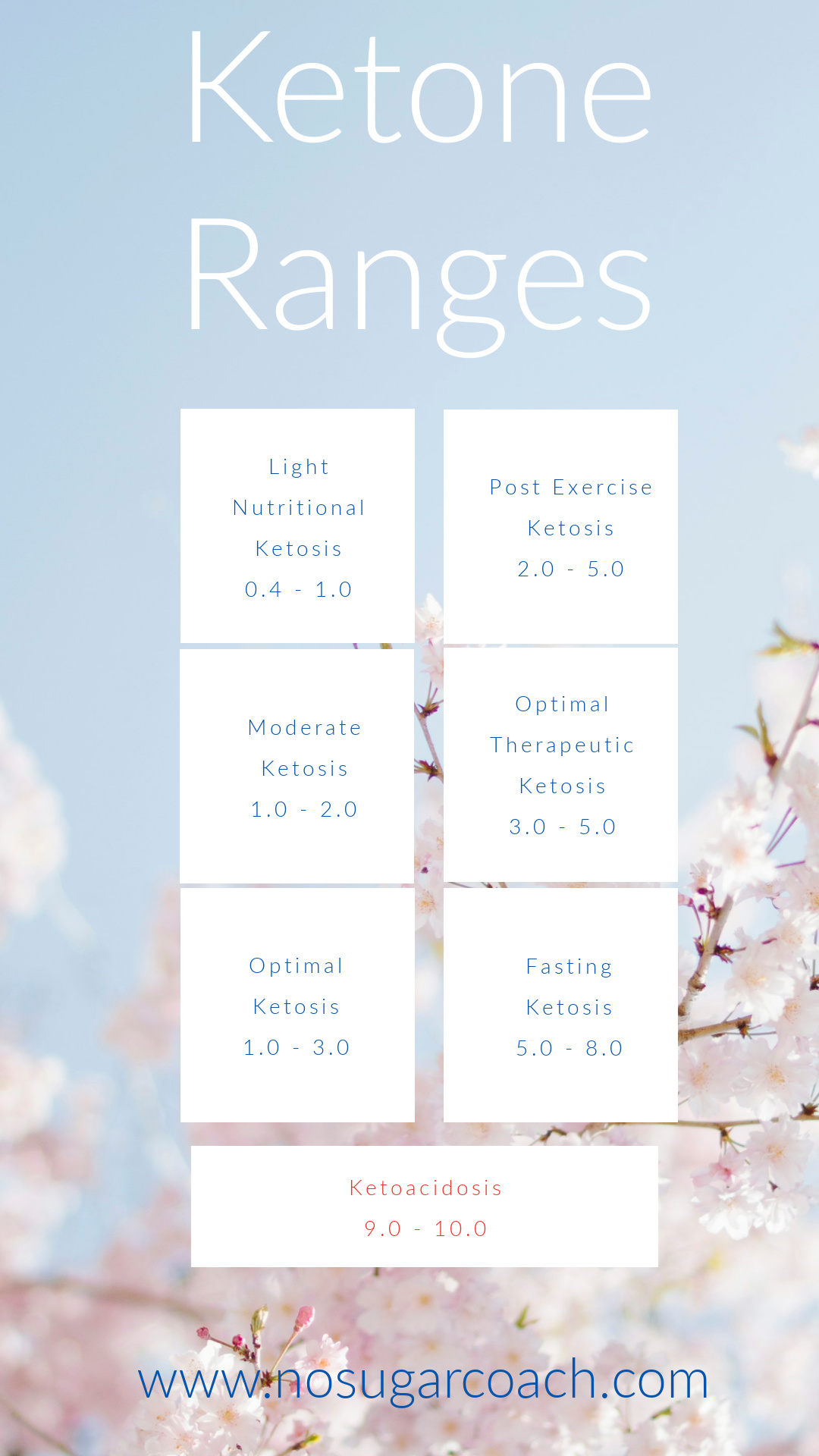

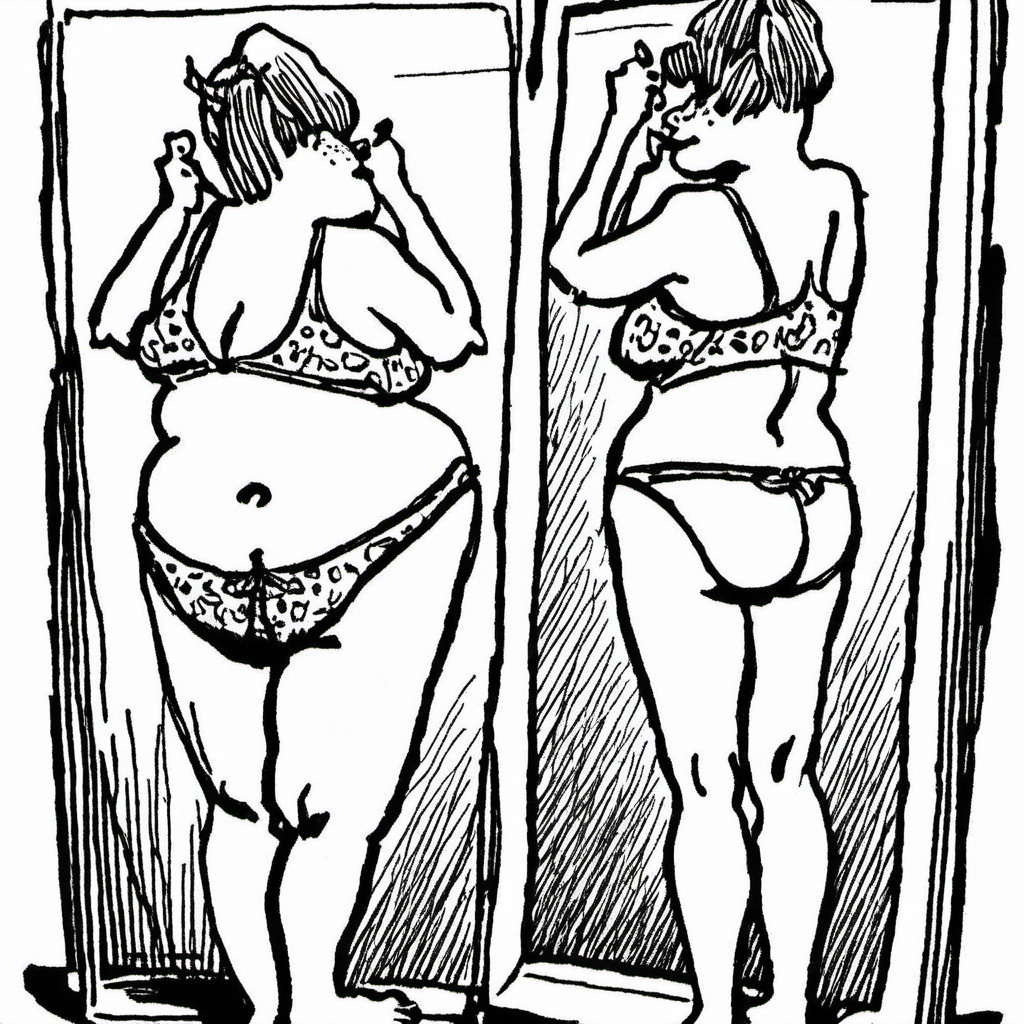

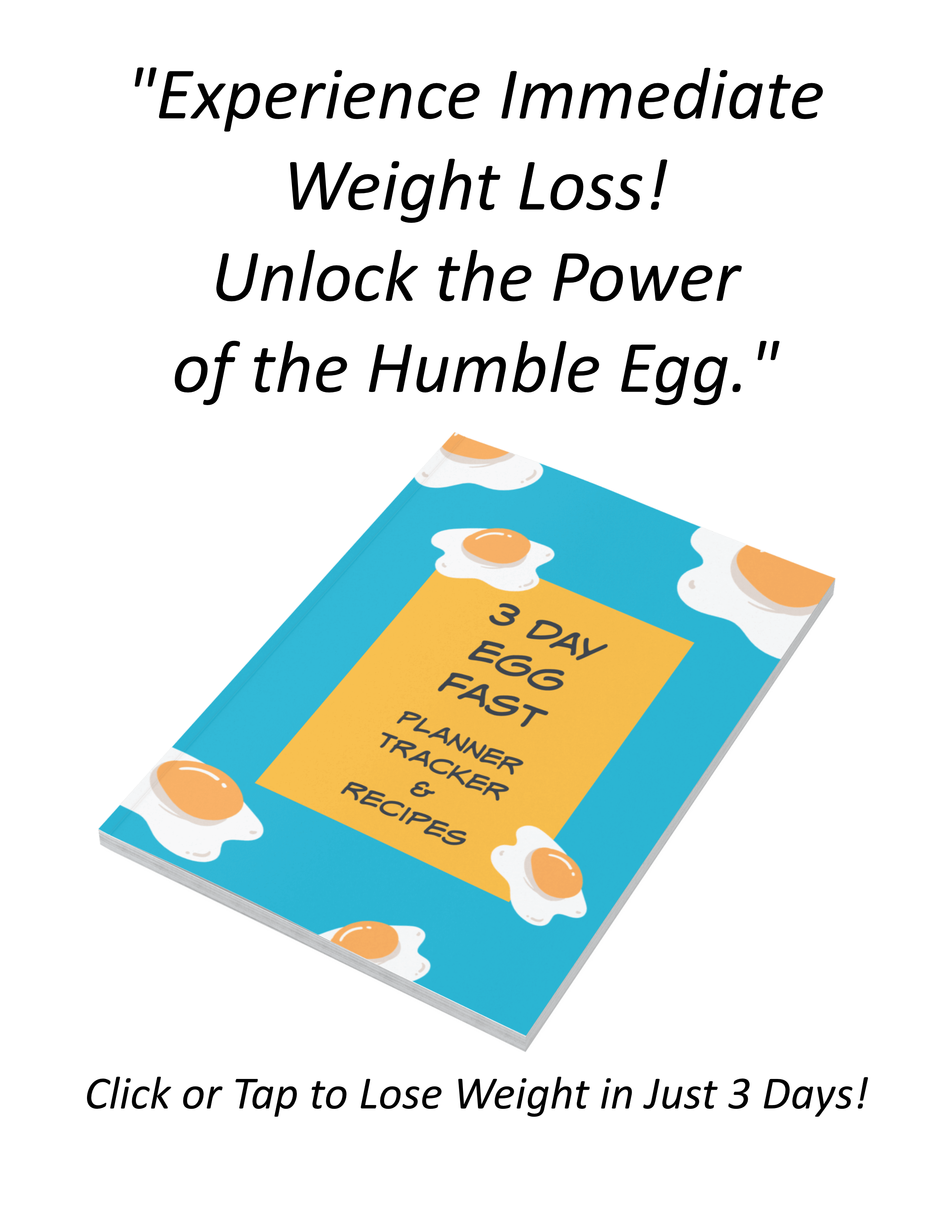

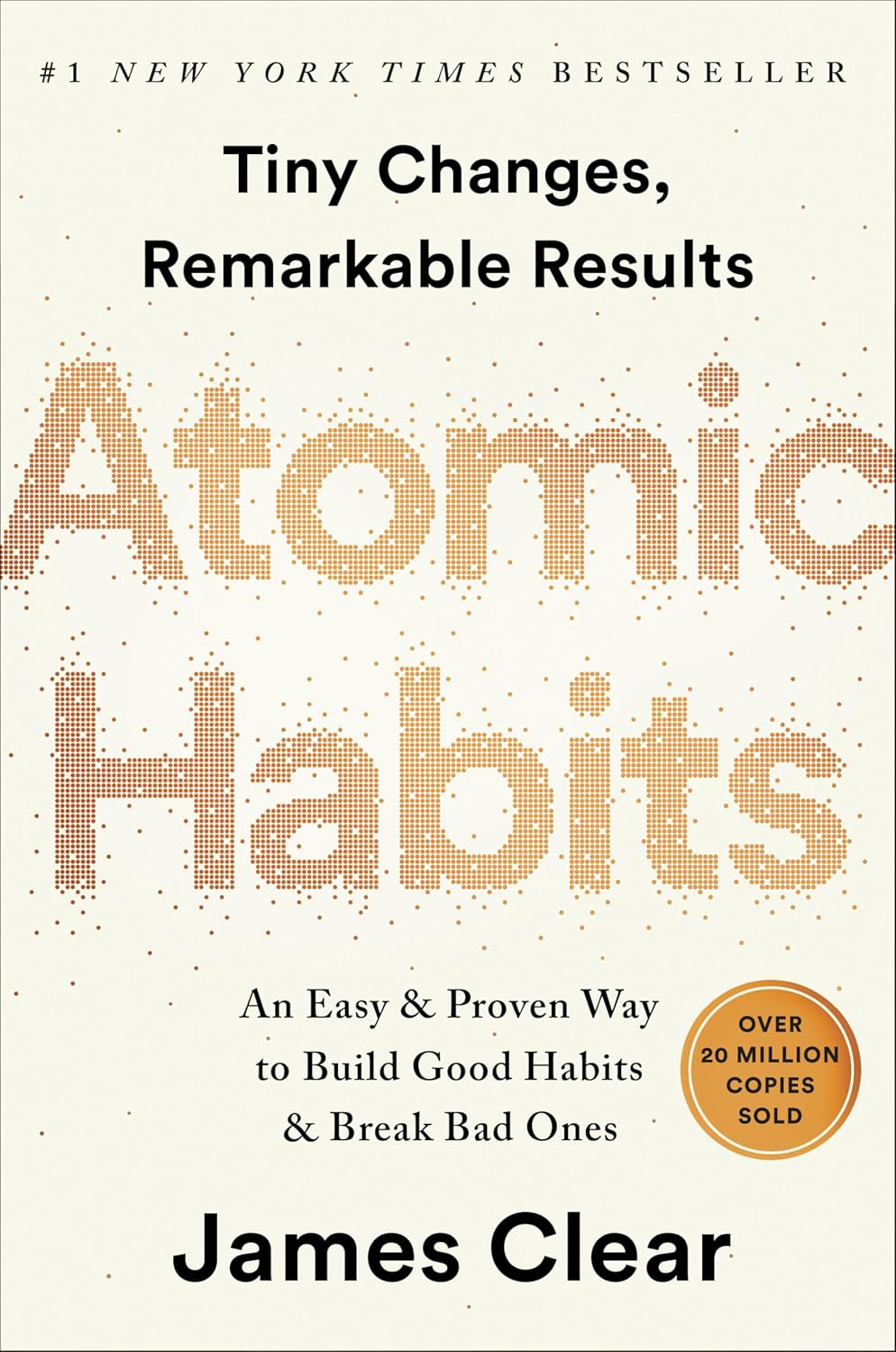
New! Comments
What do you think about what you have read on this page? I'd love to know! Leave me a comment in the box below.